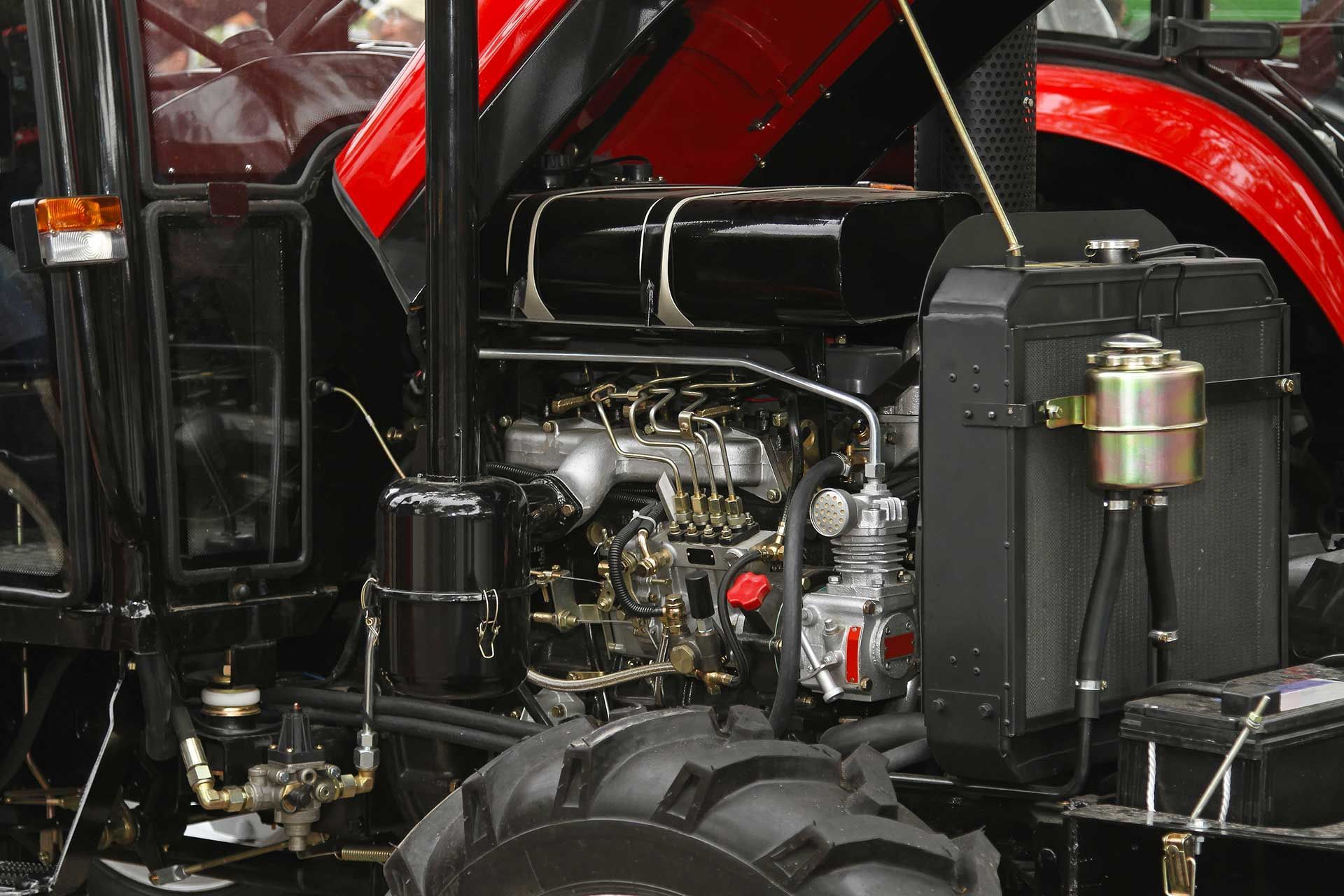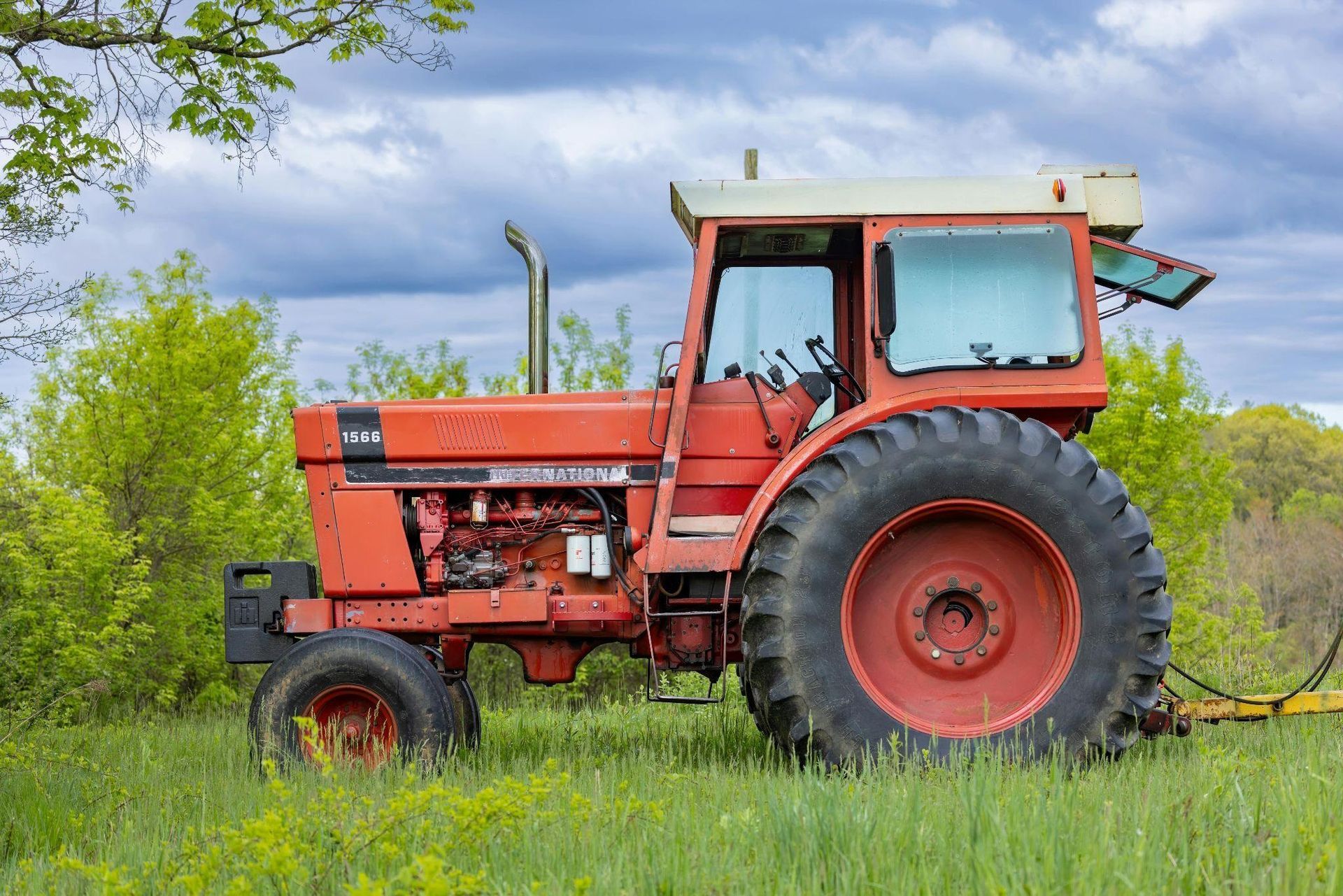Heating oil: top tips for the summer
D. Fowler • July 26, 2018
A list of tips covering all aspects of fuel care and efficiency, to be considered during the summer months.
Whilst we all enjoy one of the warmest summers for many years, heating oil is one of the last things we tend to think about. However, early planning for the winter months can have real benefits. Here is a list of tips to consider during the summer time.
- Consider your future fuel requirements now. Supply and demand economics suggest fuel prices will be lower in the summer months when demand is down, and higher in winter when demand increases.
- If you have difficulty paying for your whole order in one go, Northern Oil Company offers a payment scheme whereby you pay an agreed monthly amount into your fuel account, accruing credit to cover your next order. No more scary oil bills!
- Check you are dealing with a trustworthy distributor by making sure they are a member of the FPS (Federation of Petroleum Suppliers). Northern Oil Company is a full member of the FPS which means we fully adhere to the FPS Code of Practice.
- Why not get together with other members of your community and form a local buying-group? Group buying can prove an extremely cost-effective way to purchase your fuel.
- Protect against fuel theft by ensuring your storage tank is as secure as possible. Tank locks, alarms, CCTV, and security lights are all effective ways to help boost tank security.
- Did you know that most home insurance policies do not cover your fuel storage tank? Make sure your insurance policy covers your fuel storage tank, any loss of fuel due to theft or spills, and any environmental clean-up costs in the event of a leak.
- Your tank and boiler should be serviced annually by a qualified oil-fired heating engineer. The summer is the perfect time to do this so you're ready for the winter. Northern Oil Company can provide you with the details of our recommended, local oil-fired heating engineer.
Should you wish to discuss any of these tips in greater detail, please give a member of our team a call on 0115 9285250.













